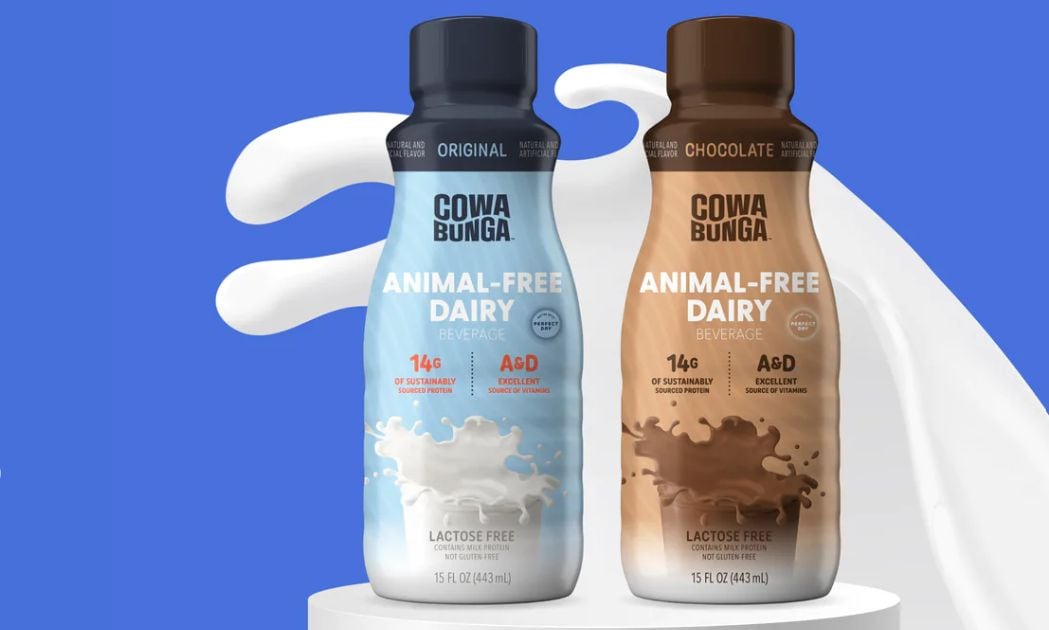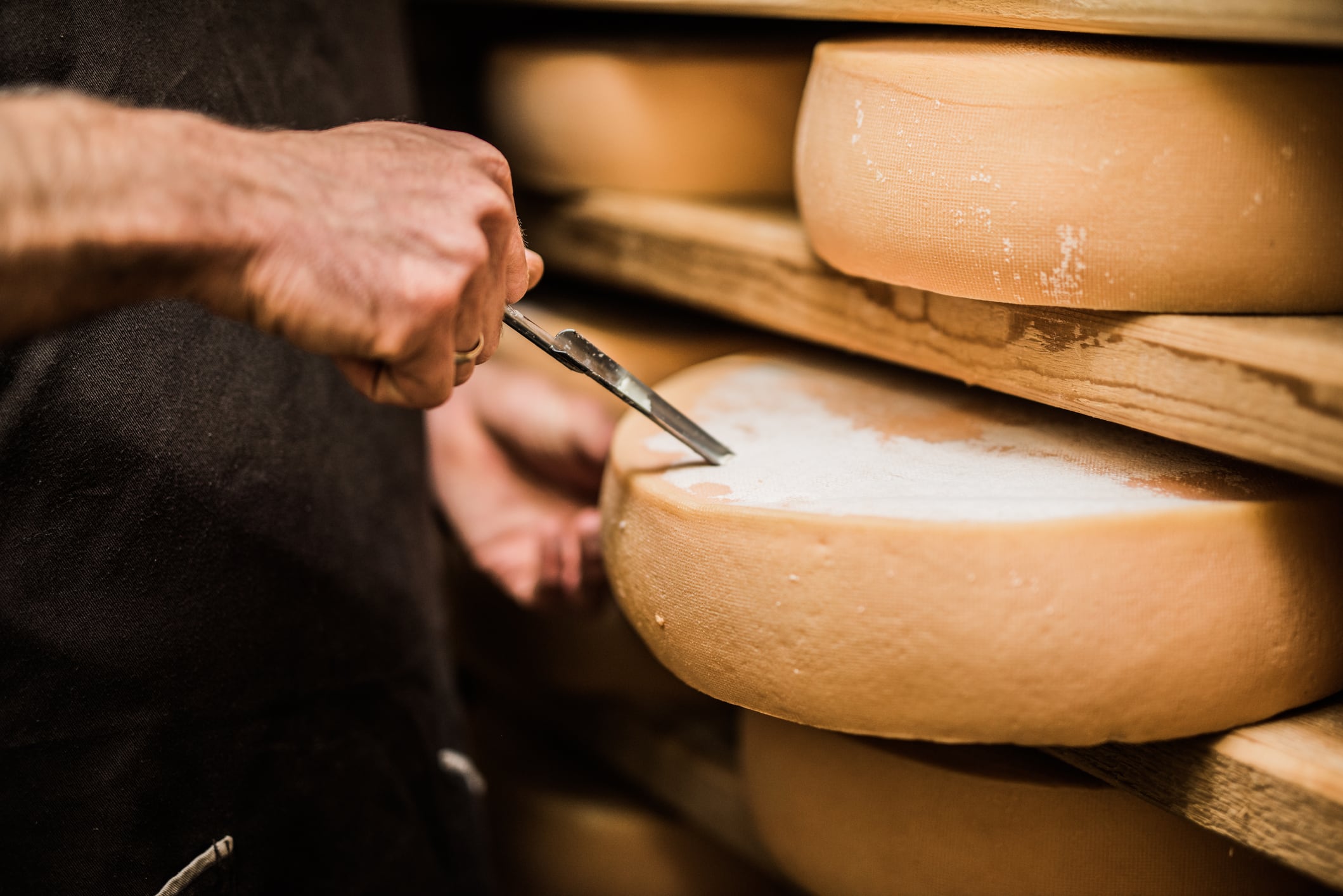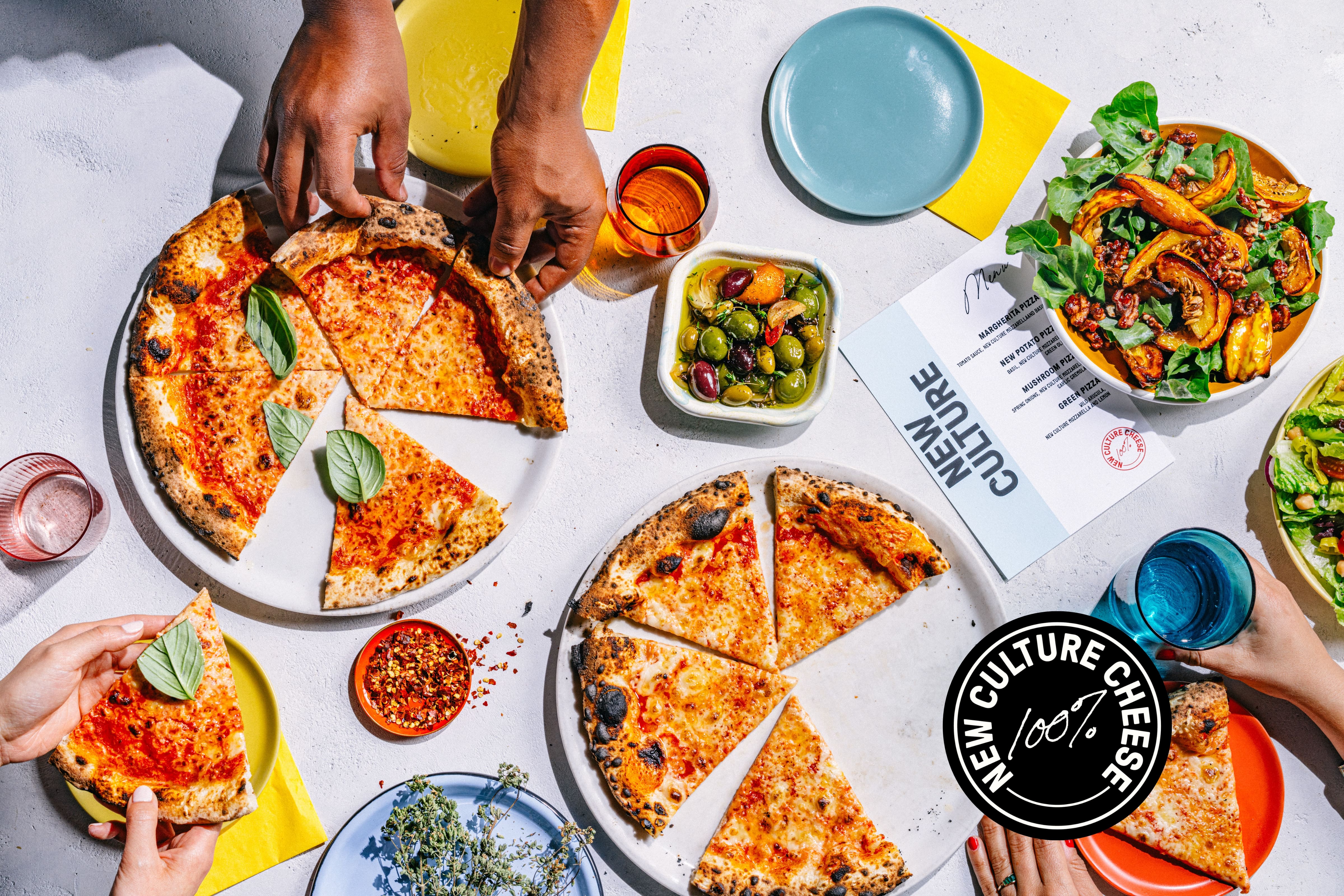It’s been two years since Nestlé ventured into cow-free dairy with the release of its Cowabunga Animal-Free Dairy Beverages.
The range was made with Perfect Day’s precision fermentation-derived whey protein and was fortified with vitamin D and calcium.
Two flavors – Original and Chocolate – were debuted in 15 floz bottles and test-sold in six Safeway stores in the San Francisco Bay area.
This is where the story ends, however; the range never hitting the mainstream.
Cow-free whey powder
In addition to its animal-free beverage line, Nestlé also trialed a protein powder under its Orgain brand in 2024.
Formulated with fermented-derived, lactose-free whey, the chocolate-flavored product contained 21g of protein and was marketed as 10 times more sustainable than traditional whey protein produced from a cow.
It was sold in 13.3 oz cans for RRP of $29.99.
It’s a common theme in animal-free dairy, a category still hampered by regulatory, consumer and pricing hurdles in the US. It’s worth remembering that General Mills – who pulled the plug on its Bold Cultr brand – and Unilever – who launched, then discontinued a cow-free Breyers ice cream – all gave animal-free dairy a go in retail.
Tomorrow Farms’ Bored Cow range of animal-free dairy products was more successful, having secured listings in Albertsons, Safeway, Vons, Jewel-Osco, Shaw’s, ACME, and others in May 2024. But the current status of the company and the brand is unknown. According to PACER filings, Bored Cow, LLC is currently embroiled in a class action lawsuit; and Perfect Day, its cow-free protein supplier, has also been hit with a separate lawsuit.
Meanwhile, the US health secretary Robert F. Kennedy has ordered a reform of the GRAS (Generally Recognized As Safe) pathway, to prevent companies from self-affirming an ingredient without notifying the Food and Drug Administration and providing safety data first. Such changes could delay the market entry of alternative protein ingredient start-ups, including those specializing in cow-free whey and caseins.
Success story: New Culture
If animal-free dairy has faltered in US retail, one brand has flourished in foodservice.
New Culture’s animal-free mozzarella – which was first showcased at Nancy Silverton’s Pizzeria Mozza in LA – has secured more than $5m in early demand from restaurants nationwide.
Co-founder and CEO Matt Gibson said it’s a matter of ‘supply readiness’ to turn this signed interest into purchases, though the company is also awaiting regulatory approval on tis product label and registration.
But with Nestlé looking to leverage its in-house R&D might to drive innovation in alternative proteins, is the animal-free dairy category finally going to catch a break?
“We believe that there is potential in using precision fermentation to deliver alternative proteins without compromising on taste, texture, and nutrition, while also delivering sustainability benefits,” a Nestlé spokesperson told us.
“We are currently assessing the potential of precision fermentation from many different angles, including nutrition, taste, sustainability, consumer acceptance, product communication, while considering various local regulatory requirements.”
CPG majors’ involvement in projects or deals linked with alternative protein innovation is typically met with hopeful anticipation.
And while Nestlé’s renewed focus on precision fermentation is likely to herald new developments in alternative protein R&D, it looks unlikely that the food major is readying a game-changing, cow-free dairy release for US retail in the short term.



